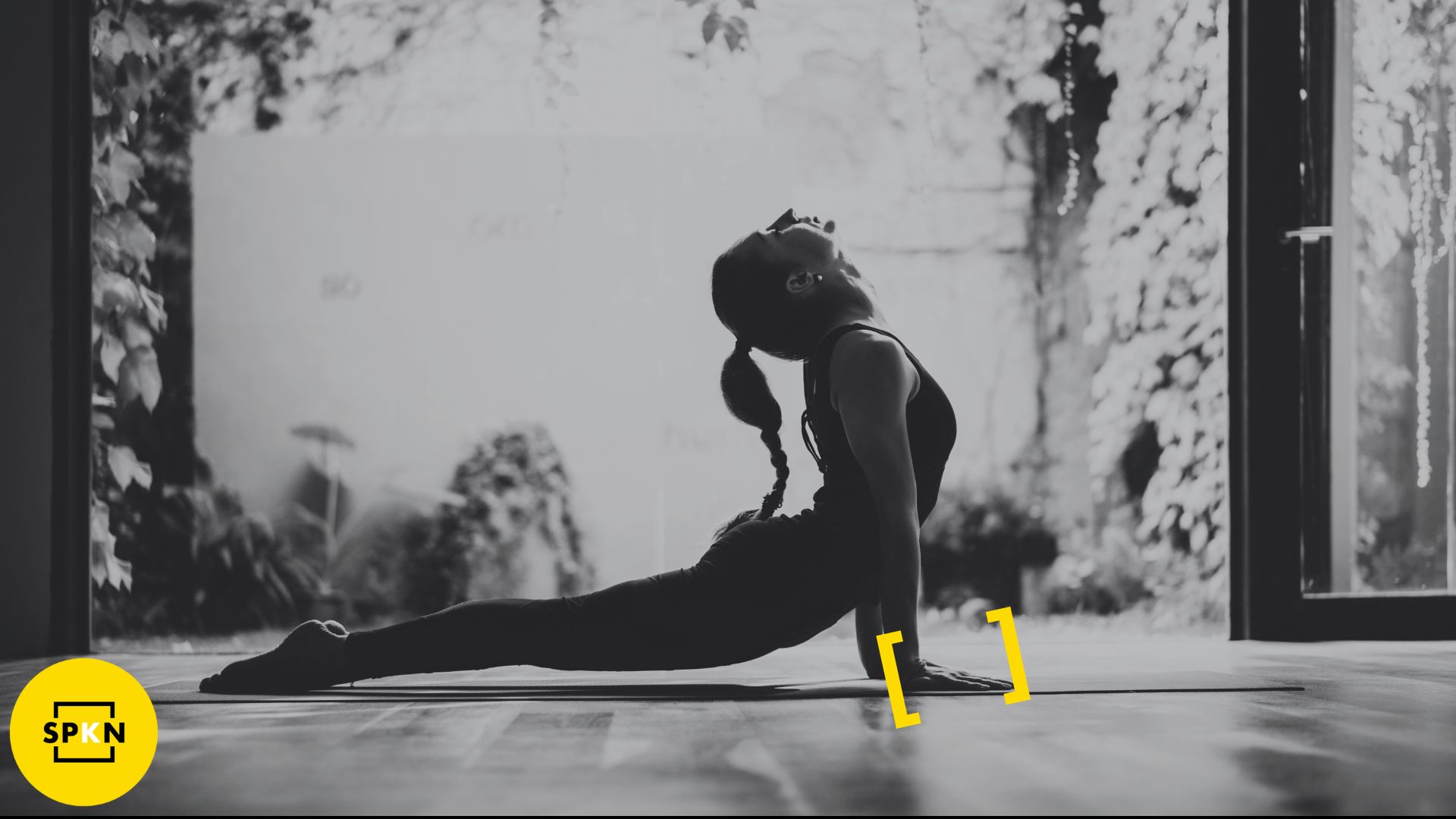This content is included in your SPKN Membership
The Benefits of Meditation for Athletes: A Guide for Coaches
AUTHOR:
Meg Wilson

In recent years, mindfulness and meditation have become essential tools for athletes seeking to enhance their performance and well-being. Meditation, a core aspect of mindfulness, offers a range of benefits that can significantly impact athletes on and off the field.
Different Types of Meditation Suitable for Athletes
- Focused Attention Meditation: This type involves concentrating on a single focus point, such as breathing, a word, or a phrase. It helps improve concentration and focus, essential for athletes during competitions.
- Body Scan Meditation: This practice involves focusing attention on different body parts and promoting awareness and relaxation. It can help athletes identify and release tension, improving overall physical performance.
- Visualization Meditation: Athletes visualize themselves performing successfully in their sport. This type of meditation can enhance motivation, improve technique, and build confidence.
Step-by-Step Guidance on Initiating Athletes into Meditation
- Start Small: Begin with short sessions, around 5-10 minutes, to prevent athletes from feeling overwhelmed. Gradually increase the duration as they become more comfortable with the practice.
- Create a Comfortable Environment: Ensure a quiet, comfortable space for meditation. Encourage athletes to wear comfortable clothing and sit or lie in a relaxed position.
- Guide Them Through the Process: Use guided meditations to help athletes focus and understand the process. There are online resources available that provide guided sessions specifically designed for athletes.
- Emphasize Consistency: Encourage athletes to practice meditation regularly, ideally at the same time each day. Consistency is key to experiencing the benefits of meditation.
Integrating Meditation into Training Routines
- Warm-Up and Cool-Down: Incorporate short meditation sessions into the beginning and end of training routines. This helps athletes prepare mentally before practice and relax after intense physical activity. It is important to note that Incorporating meditative techniques into practice does not have to be time-consuming. It can be as simple as having athletes practice body scan meditation during stretching or perform a simple breathing exercise during a dynamic cool-down.
- Mental Training Sessions: Dedicate specific times during training for mental exercises, including meditation. This reinforces the importance of mental fitness alongside physical conditioning.
- Team Meditation: Conduct group meditation sessions to build team cohesion and mutual support. Team meditation can also help normalize the practice and reduce any stigma around meditation.
- Performance Preparation: Use visualization meditation before competitions to help athletes mentally rehearse and prepare for their performance. Visualization practice can enhance focus and reduce pre-competition anxiety.
Addressing Common Challenges Athletes May Face
- Restlessness and Distraction: It’s common for beginners to feel restless or distracted during meditation. Encourage athletes to gently refocus on their breath or point of concentration whenever their mind wanders.
- Skepticism and Resistance: Some athletes may be skeptical about the benefits of meditation. Provide evidence-based information and share success stories of other athletes who have benefited from meditation practices.
- Time Constraints: Athletes often have busy schedules, making it challenging to find time for meditation. Emphasize the flexibility of meditation practice and how even short sessions can be beneficial.
- Performance Pressure: Athletes may feel pressured to perform well in meditation, similar to sports. Remind them that meditation is a personal practice with no right or wrong way, and the goal is progress, not perfection.
Conclusion
Integrating mindfulness and meditation into coaching practices can significantly enhance athletes’ performance and well-being. By understanding the different types of meditation, providing step-by-step guidance, and addressing common challenges, coaches can effectively support their athletes in developing a consistent meditation practice. This holistic approach to training improves athletic performance and fosters mental resilience and overall health, helping athletes succeed both on and off the field.
Resources
“Greater Good Science Center.” Berkeley.edu, 2019, ggsc.berkeley.edu/.
“Meditation for Athletes – Headspace for Sport.” Headspace, 2021, http://www.headspace.com/meditation/sport.
“Mindful – Healthy Mind, Healthy Life.” Mindful, 2015, http://www.mindful.org/.
Mumford, George. The Mindful Athlete. Parallax Press, 17 Apr. 2015.